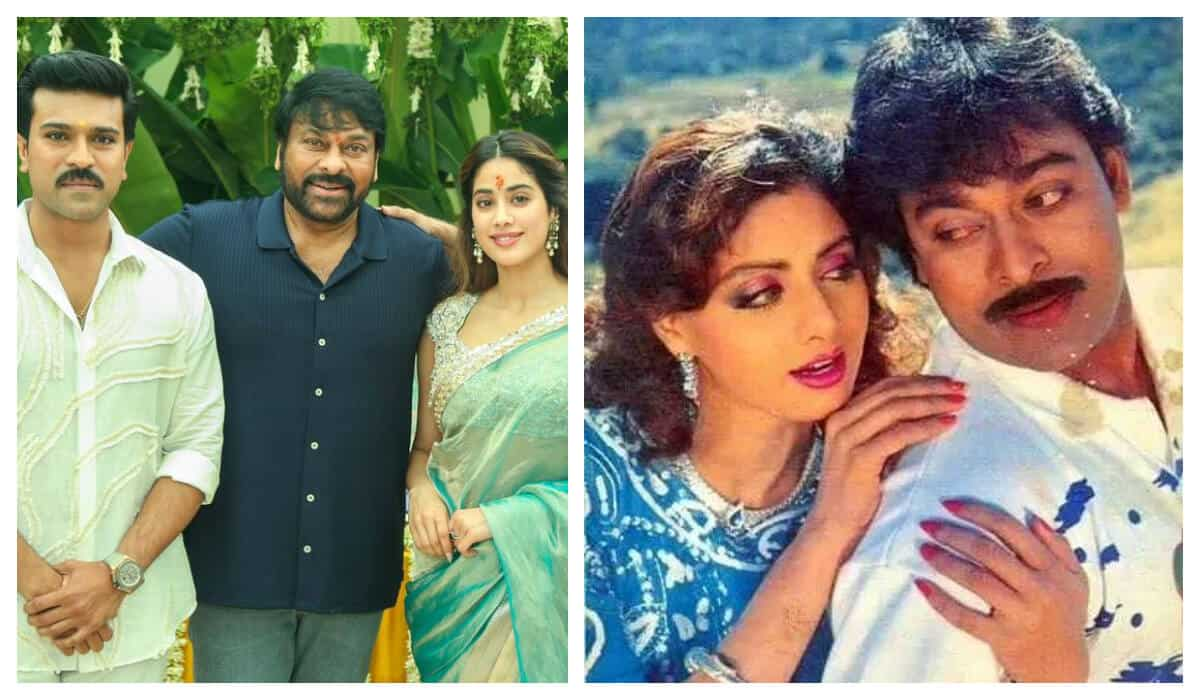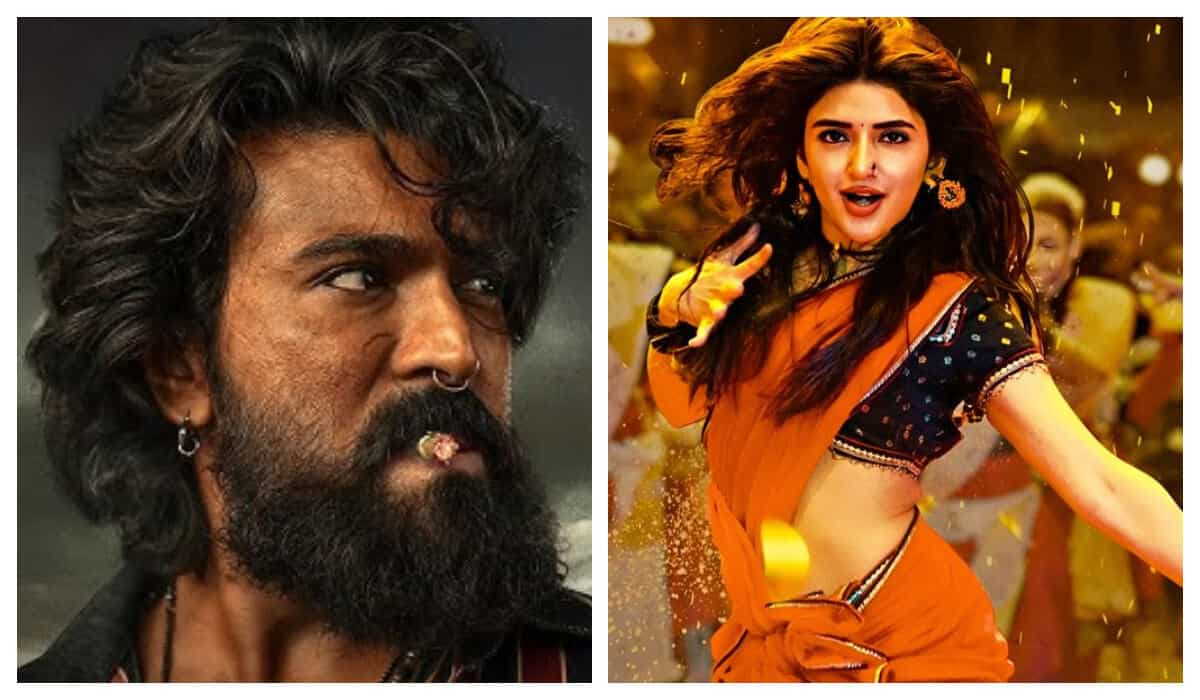
Prathamesh Jawkar's Bold Leap: From Compound to Recurve for Olympic Glory
26 days ago | 5 Views
Mumbai: Archer Prathamesh Jawkar had the potential to solidify his place among the Indian competitors at the Archery World Cup Stage 1 in Florida this week. However, he chose to shake things up by moving to the Army Sports Institute in Pune, leaving behind his established archery career to explore new challenges.
Jawkar, who was part of India’s winning men’s team at the 2023 Asian Games, has transitioned from compound archery—which isn’t an Olympic event—to recurve. Changing weight classes in sports like wrestling and boxing can be tough, but switching archery styles involves a completely different set of skills, equipment, and challenges.
As the 21-year-old from Maharashtra explained, “Compound archery feels like working with a machine; in recurve, you have to become the machine.”
He was thriving with the machine. Jawkar had an impressive 2023, clinching the individual gold at the Shanghai World Cup by defeating world No.1 “Mister Perfect” Mike Schloesser (whom he beat again later that year), along with a silver at the World Cup Final and a team gold at the Asian Games. He also added an Asia Cup gold to his collection, but something was still missing.
Jawkar looks up to Michael Phelps, often hailed as the greatest Olympian, and throughout his archery journey, he has dreamed of becoming an Olympian himself. With compound archery not being included in the 2028 LA Games, he felt increasingly restless. Watching his recurve teammates compete at last year’s Paris Games as a spectator only fueled his determination.
“I used to joke about making the switch, but after watching the Olympic final in Paris, I told myself, ‘I want to experience this at least once,’” Jawkar shared.
Making the switch wasn’t easy for Jawkar, especially since he had built a solid reputation in compound archery and had financial backing. “I was consistently winning medals in compound and had sponsors and scholarships. Now, I’ll have to support myself until I make some progress in recurve,” he shared. “But my desire to compete in the Olympics is so strong that I was willing to sacrifice anything.”
So, last September, with the goal of LA 2028 in mind, Jawkar decided to wipe the slate clean of his compound achievements and start fresh with recurve. Having never practiced this traditional style of archery, he had to “begin from scratch” under the guidance of coach Samir Maske at a private facility in Pune.
He kicked things off by watching recurve competitions on TV and using resistance bands to build arm strength. The transition was quite a shock for his body, which was so accustomed to compound.
“I took it slow because I wanted to avoid injuries,” he explained. “I can’t afford to waste any time.”
After two months, Jawkar traveled to South Korea to spend a few weeks at the renowned archery school run by coach Kim Hyung-tak to establish a solid foundation. “Learning recurve is much tougher and requires more physical effort,” he noted.
The equipment differences are significant: compound bows have pulleys, cables, a magnifying lens, and a release switch, while recurve bows have none of these features. The target distance also varies, with compound set at 50 meters and recurve at 70 meters. Compound focuses on accuracy, while recurve emphasizes technique and strength.
For Jawkar, the most notable change was the strength required. The pulley system in a compound bow allows for a let-off, which eases the holding weight when fully drawn.
“It’s definitely tougher and requires more strength to hold a recurve bow,” he explained. “To compete at a high level in recurve, I need to get accustomed to shooting with a draw weight of 50-55 pounds. Since I have experience with compound bows, I started with 38 pounds. Now, I’ve worked my way up to 47, and I plan to increase it even more.
“At first, my muscles were really sore, and they still are. My fingers still feel the strain.”
Jawkar is feeling more comfortable on this new journey as he ramps up his training intensity and hours. “I’m shooting decently now. The progress has been pretty good.”
It’s beneficial that he’s been chatting with some of his recurve peers, especially Dhiraj Bommadevara, who placed fourth in the mixed event in Paris and also trains at ASI Pune.
“I’m gaining a lot from him,” Jawkar shared. “Fortunately, everyone has been supportive of this transition. They believe I can succeed because of my physical build and mindset. Their encouragement is helping me adjust to this new environment.”
In this new chapter, the Asian Games gold medalist will have to start “from scratch,” participating in competitions at the district, state, and national levels in recurve. He plans to achieve this within the year and aims to join the Indian recurve team by 2026. “I want to start competing in international events early next year.”
That gives him just over two years to prepare for the 2028 Olympics. So, is LA a realistic goal? “I need to create my own realities,” Jawkar stated. “In my mind, it feels very achievable.”
Read Also: ‘Dhoni Came to Play, Not Talk’: Sidhu Takes a Dig at Rayudu’s Commentary Skills
Get the latest Bollywood entertainment news, trending celebrity news, latest celebrity news, new movie reviews, latest entertainment news, latest Bollywood news, and Bollywood celebrity fashion & style updates!
HOW DID YOU LIKE THIS ARTICLE? CHOOSE YOUR EMOTICON!
#





















